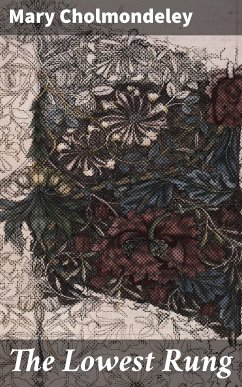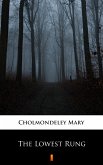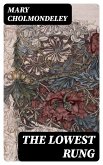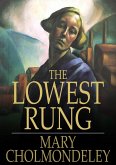In Mary Cholmondeley's novel, 'The Lowest Rung,' readers are immersed in a vivid portrayal of social class and gender dynamics in late 19th century England. Through intricate character development and rich dialogue, Cholmondeley explores the challenges faced by individuals striving to climb the social ladder amidst societal restrictions. The book's narrative style, marked by nuanced descriptions and insightful commentary, reflects the author's keen observation of human behavior and societal norms of the time. Cholmondeley's exploration of themes such as ambition, betrayal, and redemption adds depth to this compelling novel, making it a thought-provoking read for those interested in Victorian literature. Mary Cholmondeley, a British novelist known for her keen social commentary, drew inspiration from her own experiences and observations of the class divisions prevalent in Victorian England. Her background in social work and advocacy for women's rights infuses 'The Lowest Rung' with a sense of authenticity and urgency, as she sheds light on the struggles faced by marginalized individuals in a rigidly stratified society. Cholmondeley's ability to blend realism with moral introspection sets her apart as a formidable voice in Victorian literature. I highly recommend 'The Lowest Rung' to readers interested in exploring the complexities of social hierarchy and gender roles in Victorian England. Cholmondeley's insightful narrative and nuanced characterizations offer a captivating glimpse into the challenges and triumphs of individuals navigating a society bound by rigid conventions.
Dieser Download kann aus rechtlichen Gründen nur mit Rechnungsadresse in A, B, BG, CY, CZ, D, DK, EW, E, FIN, F, GR, H, IRL, I, LT, L, LR, M, NL, PL, P, R, S, SLO, SK ausgeliefert werden.









